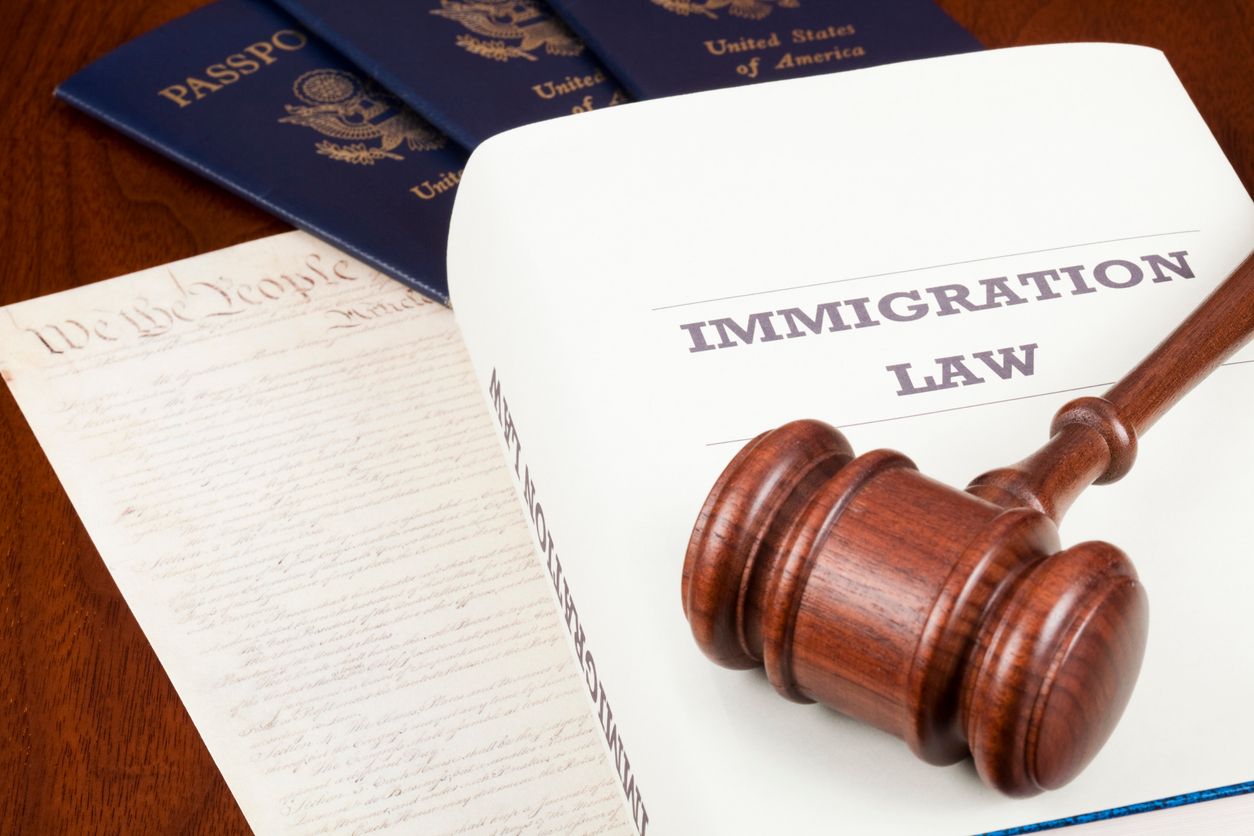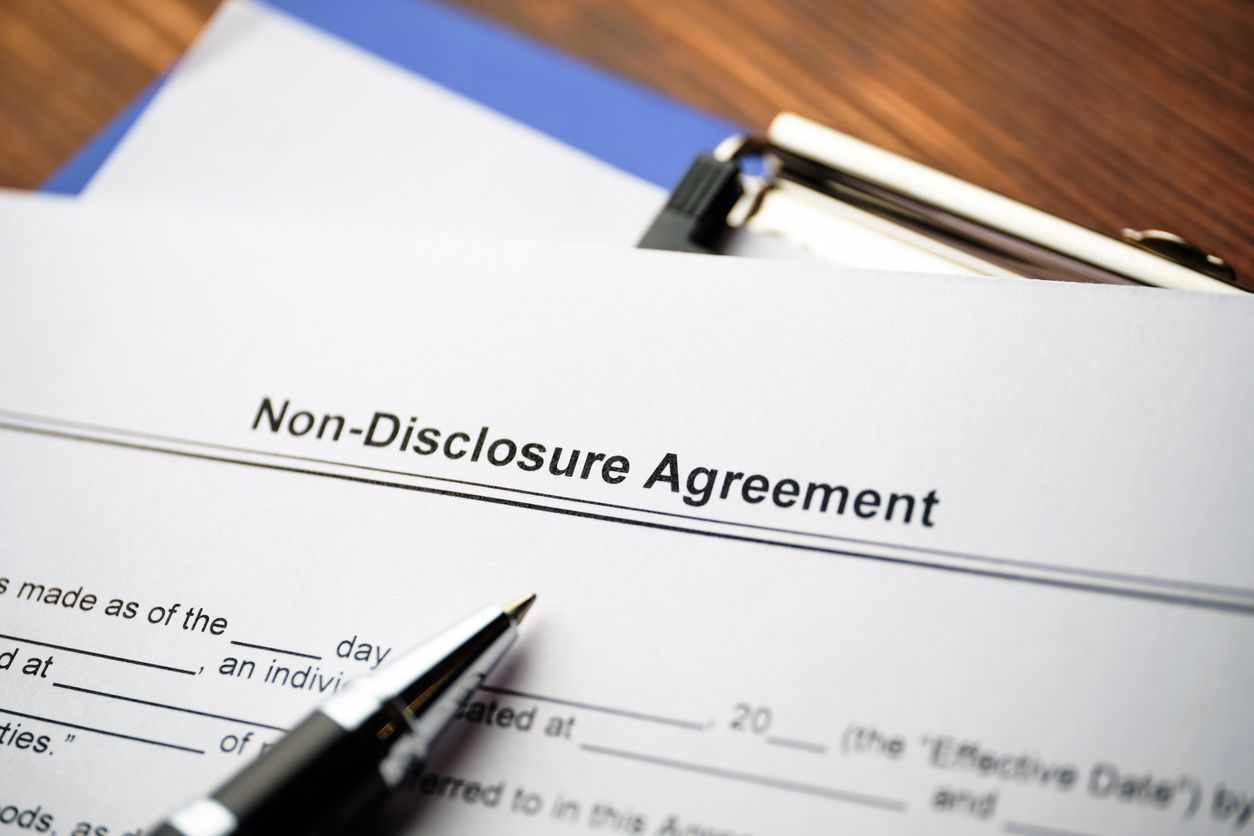By: Russell March, III, Esq.
On September 4, 2020, the Centers for Disease Control and Prevention (“CDC”), located within the Department of Health and Human Services (“HHS”), issued an Order under §361 of the Public Health Service Act (42 U.S.C. §264) to temporarily halt residential evictions through December 31, 2020. The Order establishes a temporary moratorium precluding any landlord, owner of residential property, or other person with a legal right to pursue eviction or a possessory action from evicting a “covered person” from any residential property in any jurisdiction in which the Order applies.
The Order has been promulgated with the stated intent of mitigating the spread of the COVD-19 virus within shared living settings or through unsheltered homelessness, mitigating the further spread of COVID-19 between U.S. States and territories, and supporting response efforts to COVID-19 at the Federal, State, local, territorial, and tribal levels. The underlying rationale is that eviction moratoria facilitate self-isolation by at-risk members of the population, and allow State and local authorities to more easily implement stay-at-home and social distancing directives to mitigate the community spread of COVID-19. The resulting boost to housing stability, in turn, decreases the likelihood of individuals moving into close quarters in congregate settings, such as homeless shelters, which would put such individuals at higher risk of exposure to COVID-19.
WHAT PROPERTIES AND ACTIONS ARE AFFECTED?
The Order is effective with respect to residential properties located in any State or U.S. territory in which there are documented cases of COVID-19 and that provides a level of public-health protections below the levels set forth in the Order. In other words, the Order is applicable in all States, localities, territories, and tribal areas EXCEPT those with a moratorium on residential evictions that provides the same or greater levels of public-health protection than the Order. The Order also is not applicable in American Samoa, which has reported no cases of COVID-19, until such time as a case of COVID-19 is reported there.
The Order is applicable only to “residential property,” which is defined to include any property leased for residential purposes, including any house, building, mobile home or land in a mobile home park, or similar property leased for residential purposes. However, residential property specifically does not include hotels, motels, or other guest houses rented to a temporary guest or seasonal tenant.
The Order is directed to landlords, owners of residential properties, and other persons having a legal right to pursue eviction or a possessory action (cumulatively “Landlords”). Such persons are prohibited from undertaking any action to remove or cause the removal of a “ covered person ” from a residential property.
The Order does NOT prohibit actions to foreclose on a home mortgage. Additionally, the Order does not prohibit or preclude evictions of a tenant, lessee, or resident who is (1) engaging in criminal activity while on the premises; (2) threatening the health or safety of other residents; (3) damaging or posing an immediate and significant risk of damage to property; (4) violating any applicable building code, health ordinance, or similar regulation relating to health and safety; or (5) violating any other contractual obligation, other than the timely payment of rent or similar housing-related payment.
Moreover, the Order does not relieve any individual of any obligation to pay rent, make housing payments, or to comply with any other obligations under a tenancy, lease, or similar contract. Nothing in the Order precludes the charging or collecting of fees, penalties, or interest as a result of the failure to pay rent or other housing payments on a timely basis pursuant to the terms of any applicable contract.
WHAT IS A “COVERED PERSON”?
A “covered person” is a tenant, lessee, or resident (cumulatively “Tenant”) of a residential property who provides a declaration, under penalty of perjury, to the Landlord indicating all of the following:
- The individual has used best efforts to obtain all available government assistance for rent or housing. “Available government assistance” means any governmental rental or housing payment benefits available to the individual or any household member;
- The individual either (i) expects to earn no more than $99,000 in annual income for Calendar Year 2020 (or no more than $198,000 if filing a joint tax return), (ii) was not required to report any income in 2019 to the U.S. Internal Revenue Service, or (iii) received an Economic Impact Payment (stimulus check) pursuant to Section 2201 of the CARES Act;
- The individual is unable to pay the full rent or make a full housing payment due to substantial loss of household income, loss of compensable hours of work or wages, a lay-off, or extraordinary out-of-pocket medical expenses. An “extraordinary medical expense” is any unreimbursed medical expense likely to exceed 7.5% of the individual’s adjusted gross income for the year;
- The individual is using best efforts to make timely partial payments that are as close to the full payment as the individual’s circumstances may permit, taking into account other nondiscretionary expenses; and
- Eviction would likely render the individual homeless – or force the individual to move into and live in close quarters in a new congregate or shared living setting – because the individual has no other available housing options.
HOW DOES A TENANT BECOME A “COVERED PERSON?”
Significantly, a Tenant is not deemed a “covered person” simply because they meet the foregoing criteria. They must provide notice of these conditions in writing, under penalty of perjury, to the Landlord in order for them to be considered a “covered person” and for the prohibition against eviction to apply to them.
The CDC has promulgated a Declaration form for use by Tenants and has instructed that each adult listed on the lease, rental agreement, or housing contract should complete a Declaration and provide it to the Landlord. However, there is no guidance with respect to who, if anyone, is responsible for providing a copy of the Declaration to the Tenant. Nothing in the Order requires the Landlord to furnish a copy of the Declaration or even to notify the Tenant of the criteria for being a covered person under the Order.
WHAT EXACTLY DOES THE ORDER PROHIBIT?
The Order prohibits actions to evict a Tenant who is a “covered person” from property that is leased for residential purposes. “Evict” is defined to include any action to remove or cause the removal of a “covered person” from a leased residential property. The definition therefore extends well beyond the filing of a suit for eviction, and includes delivery of notices prefatory to filing such suit such as a notice to vacate the premises. However, such actions are prohibited only as to a “covered person.” A Tenant cannot be a “covered person” until he or she provides a Declaration to the Landlord, signed under penalty of perjury. Until that occurs, the Landlord still may take actions to evict the Tenant, including filing suit for eviction.
It should be noted that there is no deadline set forth in the Order for a Tenant to provide the Declaration and become a “covered person.” In that sense, it is very possible (if not likely) that courts may treat the qualifying criteria as an affirmative defense by which the Tenant may invoke the protections of the Order even after suit for eviction is filed. Thus, even though a Declaration is not provided to the Landlord before an eviction suit is filed, a court might allow the Tenant to assert the conditions necessary to qualify as a “covered person” in a responsive pleading. Another possibility is that, after an eviction order has been entered by the court, a Tenant could file a post-judgment motion which included the Declaration, thereby prompting the court to reverse itself and determine that the Tenant is a “covered person.”
WHAT IS NOT PROHIBITED?
The protections conferred by the Order are narrowly tailored to address economic hardships brought on by the pandemic impacting Tenants of leased residential properties. The Order does not prohibit foreclosure of a mortgage. The Order also does not prohibit actions to evict a Tenant who does not qualify as at “covered person,” nor does it prohibit evictions for reasons other than non-payment of rent or other amounts due under a housing agreement.
The Order also does not prohibit Landlords from charging interest, late fees, or other charges for which a Tenant is obligated under a lease or other housing agreement. The obligation to pay rent is not suspended – only the Landlord’s remedy of eviction.
POTENTIAL CRIMINAL PENALTIES
Landlords who run afoul of the prohibitions contained in the Order face potentially severe penalties. A person who violates the Order may be subject to a fine of up to $100,000 (if the violation does not result in a death) or one year in jail, or both, or a fine of up to $250,000 (if the violation results in a death) or one year in jail, or both. If the Landlord is an organization and violates the Order, it may be subject to a fine of up to $200,000 per event (if the violation does not result in a death) or $500,000 per event (if the violation results in a death).
Significantly, the Order does not specify that the death caused by a violation must be the death of an evicted person. Conceivably, it could be the death of another person with whom the evicted Tenant cohabitated following eviction (such as in a homeless shelter). The Order also does not specify how a death is determined to have “resulted from” a violation. The potential for higher penalties is thus open-ended and currently subject to interpretation by the courts.
RECOMMENDATIONS FOR LANDLORDS
Landlords considering whether to initiate eviction proceedings should consult legal counsel before proceeding, as interpretation of the Order likely will be subject to numerous changes as different courts are presented with these issues. Efforts to evict a Tenant who has qualified as a “covered person” under the Order could result in substantial criminal penalties, and a prudent Landlord would be wise to stay abreast of ongoing developments in the law.
For example, whether, and at what point, a Tenant qualifies as a “covered person” by delivering a Declaration to the Landlord is likely to be a recurring issue in these matters, as Tenants may fraudulently claim to have delivered (or Landlords may claim not to have received) a Declaration. Tenants also may deliver a Declaration in such a way that it is not seen or recognized by the Landlord, leading to confusion and violative actions by the Landlord. It is unknown whether courts will treat such situations as “good faith” violations to be forgiven or by strictly applying the Order.
Moreover, it is unclear what actions, if any, a Landlord may take if it appears the Declaration is provided in bad faith. If a Landlord believes that the Declaration is fraudulent and proceeds with eviction, but the Tenant is able to establish that the Declaration is truthful, is the Landlord subject to penalty for challenging the Declaration even if the challenge was in good faith? One of the criteria for qualifying as a “covered person” is that the Tenant must use his or her best efforts to make timely partial payments to the Landlord. Such an assertion is certainly going to be subject to challenge in many situations. Alternatively, if the Landlord simply files a declaratory action to determine whether the Tenant is a “covered person,” is that an action to evict the Tenant and therefore violative of the Order? These issues have yet to be determined, and a Landlord should proceed with caution until they are decided.
Finally, it is important to remember what the Order does NOT prohibit. A Landlord may still seek eviction for causes not related to the payment (or non-payment) of rent or other payments due under a housing agreement. Moreover, the Order does not affect any contractual obligations of the Tenant for accruing rent, late charges, interest, or other fees which may become due. Once the Order expires (currently December 31, 2020), all such amounts presumably will be immediately due by the Tenant. Barring some further relief, or some additional source of funds becoming available, the prohibition against eviction may only serve to forestall the inevitable.















